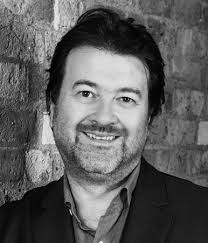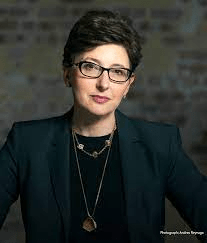When proper names become slurs – and Karen, Ben and Chad can rest assured, it’s nothing new

I spoke last week to Ellie Muir of the Independent about the way in which certain given names have recently been appropriated in popular culture and the media for use as labels, catch-all stereotypes – or slurs. One focus of Ellie’s piece is the use of the name Karen on social media and as a meme to evoke an over-assertive, unreasonably demanding or hypercritical white woman (memorably epitomised as ‘an antivaxxer soccer mom with speak-to-the-manager hair’). Karen is a Danish version of Katherine dating from the Middle Ages and adopted by English speakers from the 1940s. Originally a Black US nickname for a stereotypical white woman perceived as overbearing and entitled, Karen was most popular as a baby name in 1965 in the US, so would typically denote a Generation X female, it went viral in 2017.
Ellie’s article is here…
https://www.independent.co.uk/life-style/ben-stage-karen-meme-b2284528.html
In the USA in the early 80s Valley Girls and college students used to refer to their sporty, macho ‘jock’ contemporaries as biftads, inspired by the fact that many of them were nicknamed ‘Biff’ or ‘Tad’. Much more recently the online incel community of frustrated, embittered, uncharismatic males has used Chad to denote a successful alpha male who is popular with women (his black counterpart would be Tyrone).
In the UK names like Sharon, Tracy and Mandy were earlier employed to evoke stereotypical working class, vulgar females or chavs (notably in the sitcom Birds of a Feather and in Viz comic), while from the 70s through to the early 90s, Rupert, Tarquin and Nigel were used to mock supposed toffs or ‘posho’ males and are sometimes still heard today. Kevins or Kevs were uncouth, uncultured young British males from the end of the 70s until the end of the 90s, causing much amusement when the same name became cool and fashionable in the US and France in the 80s. Wayne was used in the same way. Around the same time London youths looking for dates referred to girls as Becks (this was pre ‘Posh and Becks’ as nicknames of a Spice Girl and her footballer escort by the way) because so many North London Jewish girls were called Rebecca or Becky. In the mid-2000s teenage girls thought to be too earnest, awkward or just unpopular were dismissed as Megs, the name possibly inspired by the daughter of the same name in the TV animated comedy Family Guy. Some older London males nicknamed middle-aged females, especially if deemed to be frumpish or charmless, Noras or Dorises.







